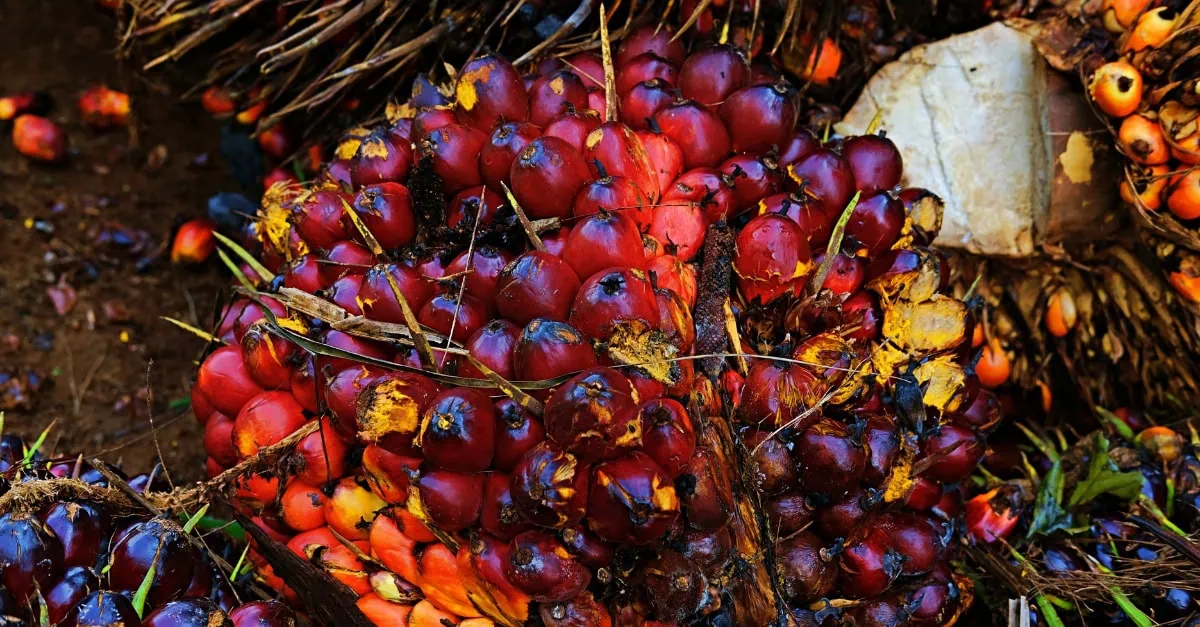Industry faces operational challenges while regulatory developments reshape global biofuel landscapes
Market overview
The biodiesel market demonstrated remarkable resilience during Week 21, with prices maintaining stability despite falling Low Sulphur Gas Oil (LSGO) values. This price strength comes amid significant operational challenges in the UK and regulatory developments across global markets that signal potential shifts in demand patterns for biodiesel and related products.
Production challenges in the UK
In a significant market development, Greenergy announced on May 20 the temporary suspension of operations at its biodiesel plant in Immingham, North East England. The company cited challenging market conditions as the primary driver behind this decision and will be reviewing the commercial viability of continuing operations at the facility. This suspension highlights the ongoing pressure faced by European biodiesel producers amid shifting trade dynamics.
The Renewable Transport Fuel Association has expressed concerns regarding policies allowing renewable fuels to enter the UK tariff-free, whether through inward processing or, more recently, via the tariff-free quota established under the U.S.-UK trade agreement finalized on May 8. These regulatory frameworks may be contributing to the competitive challenges faced by domestic producers.
US small refinery exemptions impact
The US biofuel industry received potentially bearish news as the White House informed the American Petroleum Institute (API) of plans to grant 163 Small Refinery Exemptions (SREs), amounting to approximately 1.36 billion gallons of Renewable Volume Obligations (RVOs). While these exempted volumes will be reallocated to larger refineries over the coming years, maintaining overall blending targets—the redistribution of compliance obligations and extended timeline represent a significant shift in market dynamics.
Concurrent with this announcement, EPA official Zeldin emphasized that the US is working rapidly to propose and finalize new biofuel blend mandates for 2026, indicating ongoing regulatory evolution in this space.
Feedstock market dynamics
In the feedstock sector, Used Cooking Oil (UCO) has maintained strong price positions following news that Indonesia’s refined UCO cargoes are now exported under the same customs code as refined, bleached, and deodorized (RBD) palm oil, subjecting these materials to higher levies. Animal fats continue to command premium pricing due to reduced slaughtering rates and lower livestock availability across key markets.
Meanwhile, vegetable oil prices have moved sideways through Week 21, ending at approximately the same levels as the previous week. However, market analysts anticipate downward pressure following the announcement regarding US small refinery exemptions.
Price assessment highlights
Biodiesel varieties, including Fatty Acid Methyl Ester (FAME), Rapeseed Methyl Ester (RME), and Used Cooking Oil Methyl Ester (UCOME), have demonstrated notable stability despite market headwinds:
- FOB ARA RME prices increased by $5/mt to $1,305/mt compared to the same period last week
- The RME premium over LSGO expanded by $24/mt to $694/mt
- FOB ARA UCOME prices slightly declined to $1,400/mt from $1,404/mt in the comparable period
- The UCOME–UCO spread contracted by $15/mt to $215/mt, resulting in breakeven or negative margins for producers
For comprehensive price assessments, detailed market analysis, and forward-looking insights on biodiesel and related markets, read the full report on the Vesper platform here: https://app.vespertool.com/market-analysis/1956





